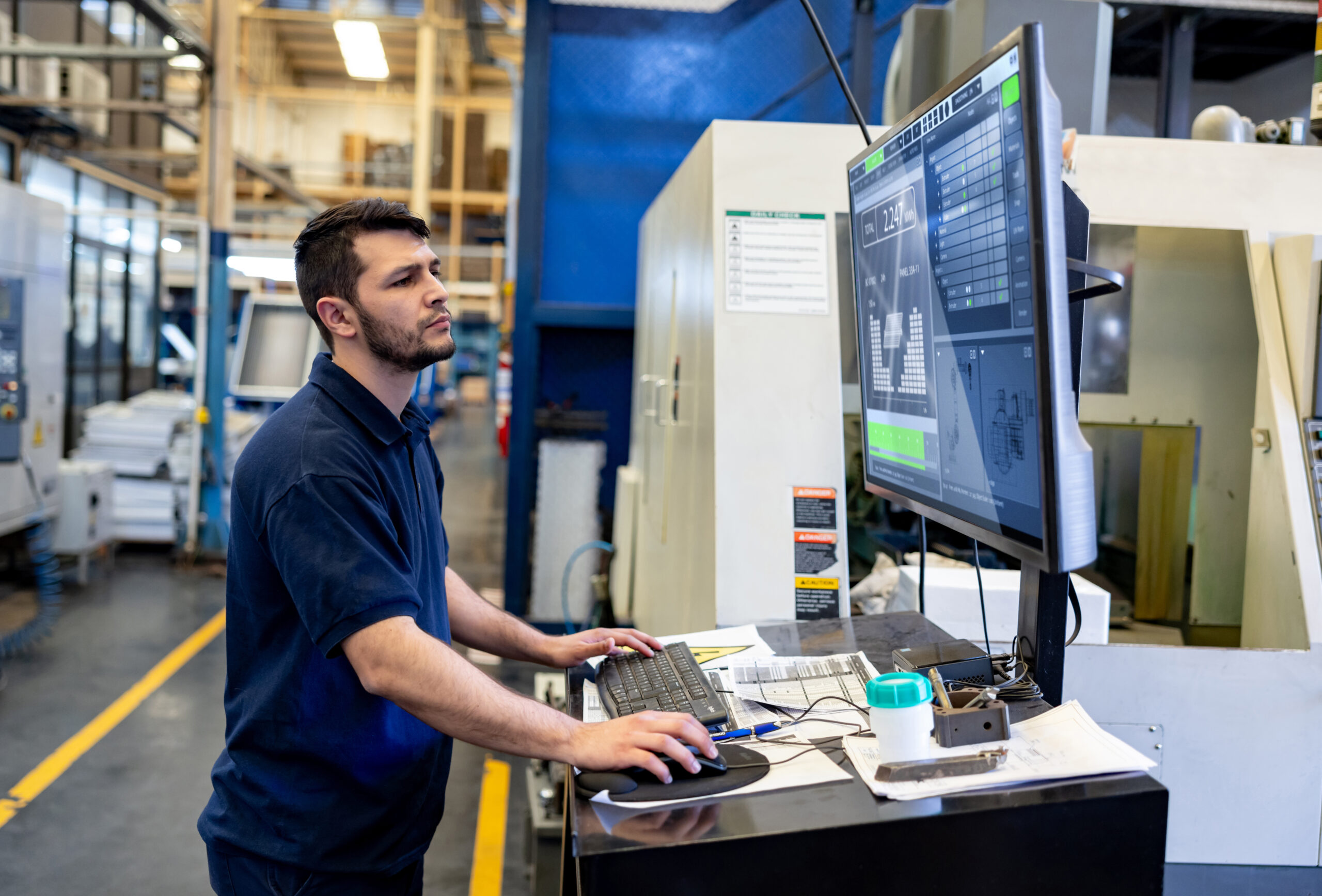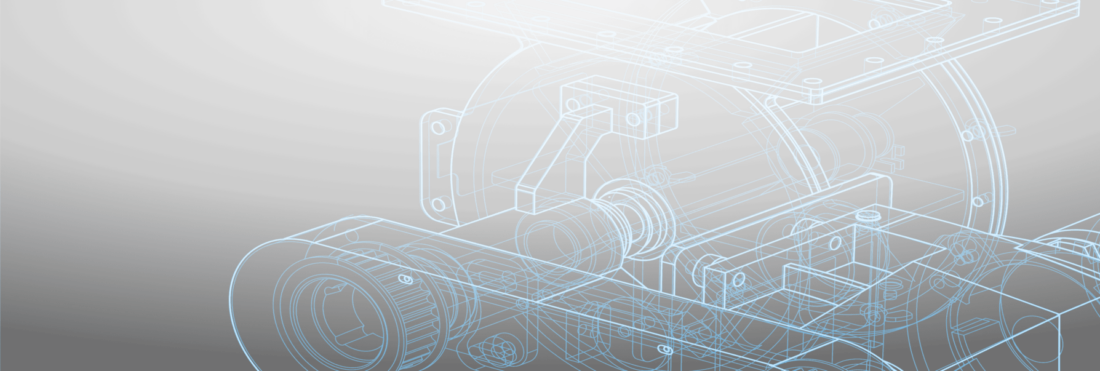
If you’ve noticed that your current ERP software is running slower or less efficiently than it used to, or if you’re facing challenges with your existing processes or data management, it might be a sign that an ERP upgrade is in order. A fresh start with an up-to-date ERP system can get your business back on track, make you more efficient and help you to get more jobs completed and out the door.
You invested in an ERP system in the first place to improve your operations: If your current ERP system is no longer helping to improve your business, it’s time to start thinking about investing in an alternative solution. Like any other software, ERPs can become outdated and no longer serve your needs. Over the years, your business has grown and changed, and the system you initially invested in years ago may no longer align with your current business or operational requirements.
Is Your ERP In Need of an Upgrade?
Over time, you have probably grown accustomed to the peculiarities and oddities of your ERP system. However, without you even noticing, these quirks are likely hindering your ability to meet customer demands effectively and are holding your operation back. An ERP should support your operations and make your everyday life easier, not more difficult.
If your current ERP is more of a hindrance than a help, you should consider upgrading to a new system to enhance operational efficiency. At the very least, your ERP system should support your operations and help you to grow and meet your business goals — not hold you back.
While you may be tempted not to invest in a new system because of the associated costs and the inconvenience that comes with implementation, it’s important to remember that failing to keep up with new advances and having a system that no longer supports your manufacturing business will stall your company’s growth. Upgrading to the right ERP system is a long-term investment that will pay off through improved operational efficiency, heightened productivity and the ability to stay competitive — plus, it will save you money over time.
8 Signs That Your Current ERP System Is Outdated:
Lack of Updates: If your ERP software is no longer receiving updates, even though it functions on a day-to-day basis, it is becoming obsolete. Although the software might still work for you, the absence of new updates from your vendor indicates that it will soon be outdated and no longer supported by your vendor. Also, if any newly acquired hardware, like a new laptop, can’t install the ERP, it’s a sign that you need a new, more modern ERP system.
Poor Integrations: Your ERP system needs to be able to easily integrate with other software systems — if it can’t, it’s another indicator that it is becoming outdated and you are ready for an upgrade. The reality is that the manufacturing world is becoming increasingly connected, and an ERP system needs to integrate seamlessly with other software solutions that support your business. Most legacy ERPs lack a framework for integrations, which will hamper your ability to customize your system as your needs as your business expands.
Workarounds: If you find yourself increasingly implementing workarounds to make your outdated ERP system function in the way you need it to — similar to how you did before implementing an ERP system in the first place — it’s a sign that your system is struggling to adapt to your evolving business needs. Too many workarounds mean you are ready for new ERP technology that can better support your business operations.
Manual Data Entry: ERP systems are designed to eliminate manual data entry and save you time. If you are still manually inputting information multiple times due to system limitations, you are ready for an upgrade to a new, more robust system that can help you streamline processes.
Poor Functionality: The frequency of software updates and releases will differ based on your vendor. You may get access to new features and system upgrades frequently, or you may not. In a nutshell, some vendors are better at keeping up with market changes than others. If your ERP is lagging behind and lacks the functionality you need, it’s time to start looking into better solutions from a different vendor.
Lacking Standard Features: If your current ERP system is missing features that are now considered standard in your industry or are included with modern ERP systems, an upgrade is required. For example, an upgrade is necessary if your current ERP has inadequate reporting and data analytics features to meet modern business requirements.
Limited Scalability: Your ERP system should be able to support your future business growth. If it’s unable to accommodate growth and change, upgrading to a more powerful and flexible ERP is essential.
No Mobile Functionality: Your ERP system should offer mobile access to certain features, regardless of your location. Mobile functionality is a modern necessity as it lets you make on-the-go decisions and gives you real-time access to data, allowing you to stay informed about operations even when not on the shop floor. If your ERP lacks this new and necessary feature, you should look for a more advanced system.
—–
If any of this sound familiar to you, it’s time to consider investing in a new, modern ERP solution that is built to fit your industry and your needs. If you found yourself nodding along even a little bit to this article, please contact us to talk more about finding the right ERP solution to fit your specific requirements and will move your business forward.
Get your eBook Scared to implement a new ERP?
"*" indicates required fields



